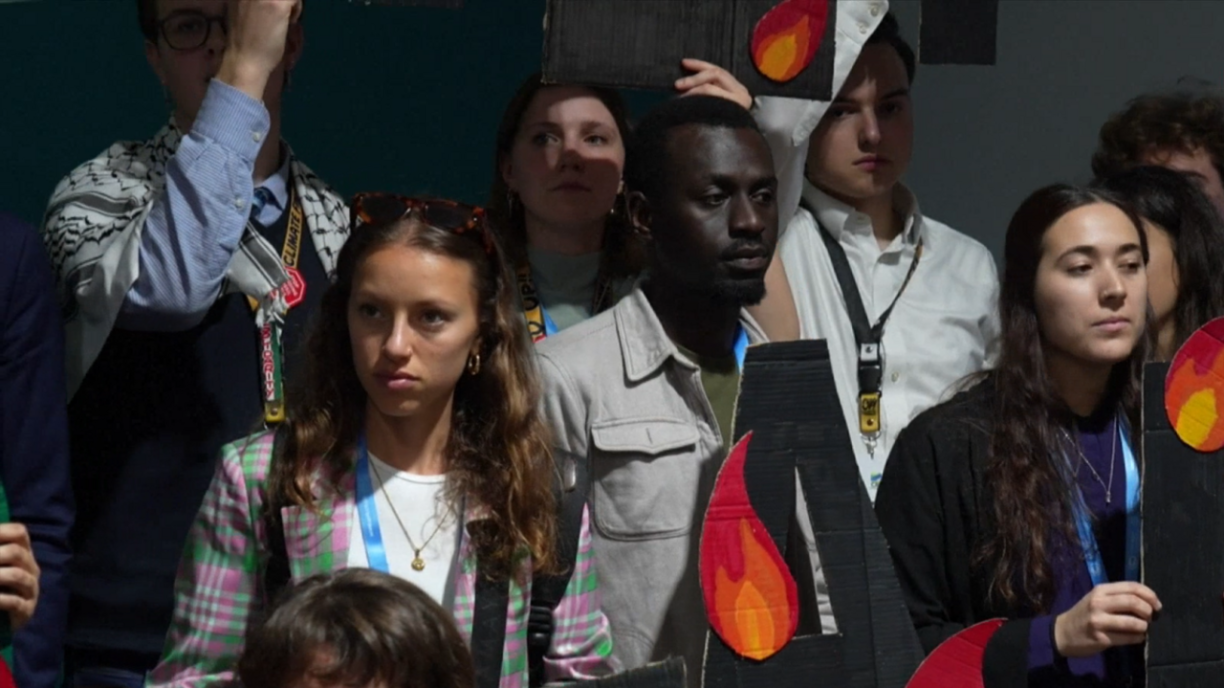
Fostering youth participation emerged as a central theme at the second edition of Luxembourg’s Youth Conference, which took place on Thursday.
“It’s important that young people feel they can really make a difference. If you want people who are willing to get involved, they must also see a purpose in that commitment”, stated Youth Minister Claude Meisch during the event.
The conference also featured the first selected results from the national Youth Survey, presented by University of Luxembourg researcher Dr Caroline Residori. The nationally representative study, part of a broader Youth Report due early next year, reveals a complex picture. While two-thirds of respondents believe young people should have more political influence, overall interest in politics is mediocre and has declined since 2019.
Dr Residori argues this is not a contradiction but a consequence of feeling unrepresented. “This means two-thirds of these young people wish to be heard more as young people, which isn’t happening, and that then leads to young people becoming less interested”, she explained.
In contrast, the experience of Jenny Klimas and Mattis Milbert, members of the youth municipal council in Wincrange, offers a different perspective. Both feel they are taken seriously and listened to. Milbert became involved through a friend, citing his interest in the municipality and a desire “for the youth to get a voice.”
According to Klimas, the Wincrange youth council operates with few limits and receives strong support from the municipality and the Wiltz youth office. This supportive environment has led to tangible results, including the installation of water dispensers at a local school, a graffiti project, and a draft proposal for expanded subsidy regulations that has been passed to the municipal council.
Despite his positive personal experience, Milbert noted that engagement among his own peers is limited. “Apart from the ones I’m now motivating to join the youth council, which is quite difficult because they don’t know what it actually is”, he said.
Klimas elaborated on their council’s operations, explaining that it meets every four to six weeks. While they actively work on projects, she emphasised that the commitment is manageable. “It’s time you take because you enjoy doing it,” Klimas stated.
The national survey from the University of Luxembourg provided context for these individual accounts, revealing clear preferences in how young people choose to engage. The data shows that signing petitions and boycotting certain products are popular forms of activism. In contrast, participating in unauthorised protests or getting involved with a political party are unpopular.